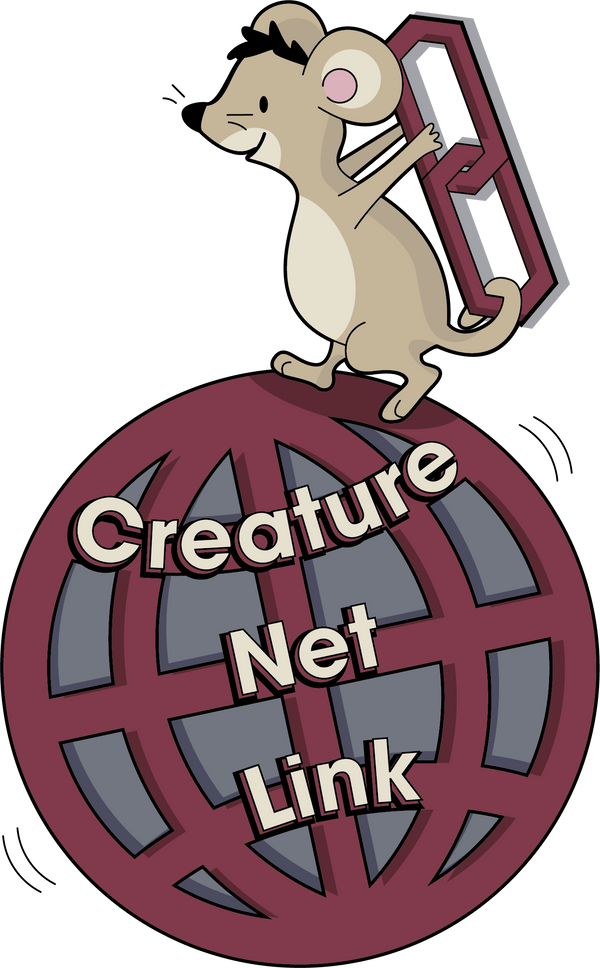
Where East meets West
Share
I have been using alternative modes of treatment, for animals, for many years now. It started with acupuncture and continued with herbal medicine, Western and Chinese. I never ceased to use conventional methods though.
Conventional medicine has come so far over the last 100 years. And progression in the field is ever evolving at an incredible rate. The discoveries and new techniques scientists come up with are just mind blowing and impossible to keep track of.
So why would we dismiss such a useful tool that saves lives, human and animal alike, on a daily basis?

Traditional Chinese veterinary medicine (TCVM), on the other side of the spectrum, has stood the test of time. The philosophies and theories have been passed on for generations for 1000's of years. The fact that they are still widely in use, and offer realistic and effective treatment options, in itself, is staggering.
While western medicine's strength lies in treating acute conditions, exceptionally successfully, TCVM in veterinary medicine, in my opinion, works best in chronic conditions. Not that western approaches are ineffective in long standing disease, however a more gentle, more complete, holistic, way of thinking has profound merits when handling chronically affected pet patients.

TCVM looks at an individual wholly, taking into consideration all aspects affecting an individual's life. Namely diet, environment and the animal's constitution (more on this in upcoming e-book). In an interesting kind of way the ancient philosophy considers characteristics that western medicine does not acknowledge. Using very simple techniques of applying one's senses of observation, a habit long forgotten and replaced by scientific knowledge. As an example two individuals affected by the same disease/pathogen are treated in the same manner in conventional ways, however the TCVM practitioner will treat the two patients totally differently as age, constitution, basic patterns are taken into account.
So, is there potential for a meeting of the two approaches and a coalition between the two?
Many experts in their fields will disagree with me and not consider this an option. I blame a lack of understanding and trust. It is, unfortunately, human nature to be skeptical of the unknown.
It is my belief that, conventional and alternative veterinary medicine can be married and used successfully on the same individual. Why not use the best of both worlds, right?!? Each individual animal patient will respond differently to different modalities, just like people do; so why not offer everything to endeavor finding the best possible method for treating patients? Various situations will call for different approaches and the best form of medicine must be enrolled. However most conditions will benefit of a combination of both. This merger can be successfully, and safely applied by a knowledgeable practitioner. In fact, a synergistic relationship can be achieved, and I believe we owe it to our patients to, in the least, explore the possibility.

'Nature laughs at the difficulties of integration'
(Pierre Laplace)
